Are the protests in China the beginning of the end for Xi Jinping?
The hard-heads say don’t hold your breath. But if we put it in the perspective, not only of recent Chinese history but of global history, the demonstrations look encouraging.
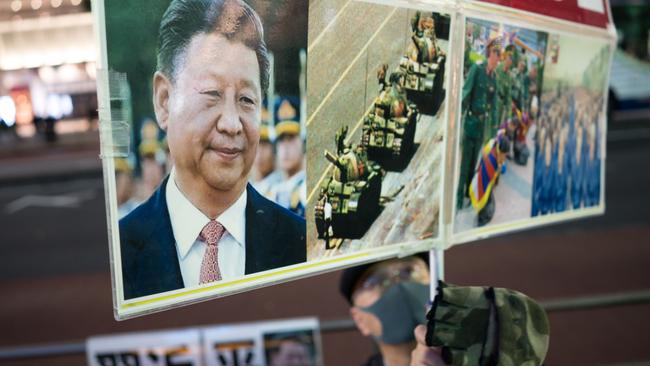
The protests that erupted across China this week were electrifying. Then the regime flooded the streets with the People’s Armed Police and moved to stifle all expressions of public opinion, as usual. But even if the mass protests are stifled, this shouldn’t distract us from their significance.
The spontaneous demonstrations in many cities have been reminiscent of those in Hong Kong before the Chinese Communist Party’s minions imposed “order” in that once free city. The fact they were triggered by frustration at the arbitrariness of Xi Jinping’s zero-tolerance anti-Covid lockdowns is symbolic. In reality, the lockdowns are simply a manifestation of Xi’s zero-tolerance policy towards dissent or truth-telling.
One of the ironies of the situation is that the protesters, mostly young, will have grown up largely ignorant of what happened the last time there were mass protests against the party and its manner of rule in 1989. Why? Because the party has airbrushed all that out of official history.
What it has never been able to eliminate, however, is the instinctive human reaction to arbitrary and infuriating rule by incompetent and oppressive authority.
Nor has it been able to prevent reports and photos of the protests spreading around the world. Demonstrators holding up blank sheets of paper to symbolise their protest at party censorship and placards calling for the resignation of Xi and even the end of CCP rule bring back memories of the Goddess of Democracy being raised at Tiananmen Square in Beijing in 1989.
The big question on Western minds has been: Is this the start of something big? Could these protests be the beginning of the fracturing and downfall of the CCP, and an authentic democratisation of China at long last? To which the answer from the hard-headed has been: Don’t hold your breath!
But if we put the protests in the perspective, not only of recent Chinese history but of global history, they look encouraging.
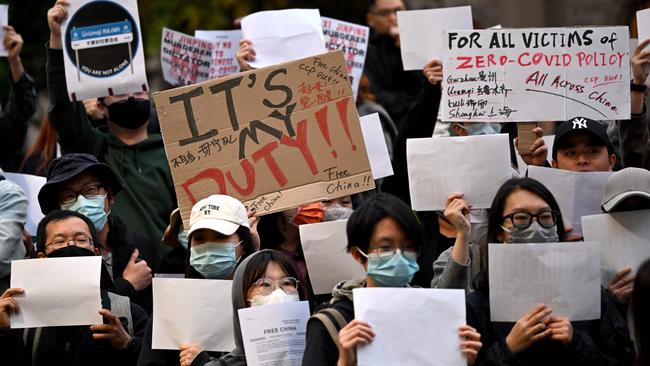
The prolonged protests in Iran have much the same character, though they have not been triggered by Covid-19. The protests in Myanmar against the military junta, demanding respect for voting processes and democratic elections, have the same character. As do the protests in Russia against Vladimir Putin’s war and the flight of hundreds of thousands of young men from Russia to avoid the military draft.
The two antecedents of the most relevance are the breakthroughs to democratic government in South Korea and, above all, Taiwan, in the 1980s and ’90s. Each was preceded by dictatorial repression and killing of protesters in ways strikingly similar to Tiananmen. Each took place right on China’s doorstep and in comparable political cultures.
Each has now been consolidated in ways we must still hope can be brought about in China despite Xi’s hyper-centralism. In fact, as these recent demonstrations suggest, it is precisely the hyper-centralism and unrelenting repressiveness of Xi that could bring about the terminal crisis of CCP dictatorship.
The case of Taiwan is especially important because the resistance to Nationalist Chinese dictatorship there, between 1947 and the election of Lee Teng-hui in the first free presidential elections, in 1996, provides a clear model for protesters elsewhere in the Chinese-speaking world. At a time when Xi has threatened to use force to bring Taiwan under the control of Beijing, this history is vital for all of us to remember and reflect on.
When Chinese Nationalist (Kuomintang) forces took over Taiwan from the Japanese in 1945, they governed the island so badly compared with the Japanese colonial authorities who had run and developed it since 1895 that in February 1947 there was a mass uprising by the Taiwanese. Chinese president Chiang Kai-shek, in the throes of a civil war with the communists, sent two divisions of troops to crush the rebellion. They did so brutally, shooting an estimated 20,000 Taiwanese.
That’s how rule from the Chinese mainland was imposed on Taiwan. But the Taiwanese resistance was tenacious. Though tens of thousands were arrested under martial law and thousands executed, that resistance persisted. It was as part of this resistance that on December 10, 1979, for Human Rights Day, a demonstration was arranged, in the southern city of Kaohsiung. The Kuomintang suppressed it, arresting and imprisoning many of the resistance leaders.
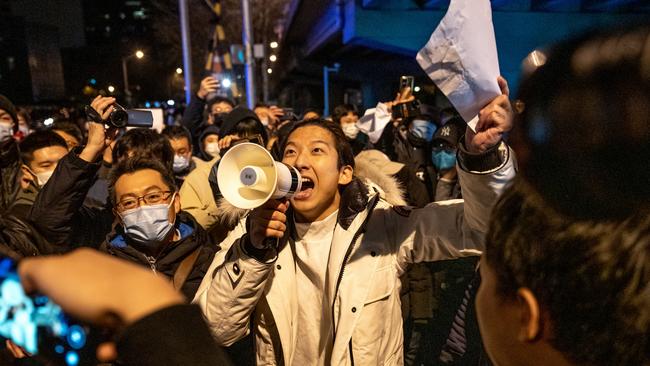
Yet in 1986 the resistance movement formed the Democratic Progressive Party at a major conference at the Grand Hotel in Taipei. This time the regime, then led by Chiang Kai-shek’s son and long-time strongman Chiang Ching-kuo, relented. The DPP was not suppressed but was allowed to start participating in legitimate politics. The rest, as they say, is history.
In South Korea, the year of the Kaohsiung Incident in Taiwan, long-time dictator Park Chung-hee was assassinated by his own intelligence chief because of Park’s refusal to open up the political system. He was succeeded, however, by a new dictator, Chun Doo-hwan, instead of a democratic transition. This triggered an uprising in Gwangju in 1980. Elite paratroopers killed hundreds of demonstrators, but this widened the uprising into an occupation of the city by hundreds of thousands of its people.
Massive military repression followed. Chun ruled with US support until 1987. But the push for a democratic opening was unrelenting and it finally came. In the course of the 1990s, South Korea shifted from a military dictatorship to a democracy in which former presidents, including Chun, could be put on trial and convicted of crimes. Today it is a thriving democratic state.
There is no compelling reason such a transition should not occur in China – or in Iran, or Myanmar, or Russia. But if we wish to see such changes, we need to work harder at comprehending the histories of the countries in question and calibrating our diplomacy so as to allow for and encourage constructive reform.
The pivotal consideration, in the case of China, is that the CCP has no further excuses to hide behind. Under Xi it has taken a totally self-serving path that is a travesty of modern governance and is rightly stirring exasperation among a mass of Chinese youth. As a daring protester expressed it in a banner hung on a bridge in Beijing in the recent past: “We don’t want a supreme leader, we want a vote. We don’t want to be slaves, we want to be citizens.”
That banner cuts right through every slogan and pretension not only of Xi Jinping Thought but also of the CCP. It is a succinct expression of the spirit that has motivated modern revolutions, though they have, time and again, betrayed that spirit by imposing murderous tyranny in place of older, more reactionary regimes.
Xi is, as various analysts have been pointing out, caught on the horns of a dilemma. Having declared victory over Covid early in 2020, he is now confronted by new variants spreading across China to scores of cities which, between them, turn out half the country’s gross domestic product and 90 per cent of its exports.
His attempts to suffocate Covid aren’t working. This is bad enough in terms of face. But he’s in a cleft stick because the draconian lockdowns are causing something close to a nationwide uprising, but if he lifts them two things will follow: he will appear to have caved in to popular pressure; and there will be, quite certainly, a large number of Covid deaths because of the lack of immunity among the vulnerable and the lack of public health facilities to cope with a mass of new infections. So he will appear to have failed.
The situation is as neat a demonstration as one could ask for of the efficacy of a parliamentary democracy compared with a totalitarian dictatorship. In Britain, decry its various deficiencies though we may, Liz Truss replaced an underperforming Boris Johnson, called for fiscal policies that provoked ridicule and was herself promptly removed from office. In China, Xi cannot be removed by any such process yet the costs of his policies are mounting daily.
If China had a Rishi Sunak in the wings to step up and replace Xi, that alone might ease the mounting pressure on the CCP. But he has stacked the politburo with his flunkies and no one dare challenge him. He is, therefore, as Hamlet said of Claudius, hoist with his own petard. We should offer him no sympathy at all.
Our diplomacy, in such circumstances, needs to be deft, however. Whether in China or Iran, Russia or Myanmar, we have every reason – Xi and Putin have hammered this home to us in the very recent past – to wish to see democratic transitions and more accountable, tractable government.
Such, however, is the nature of international affairs that too open an expression of sympathy for mass movements of civil dissent can be used by dictatorial regimes as xenophobic propaganda: denouncing the West for neo-colonialism or imperialism and asserting that small numbers of deluded dissidents are the unwitting or witting instruments of foreign “black hands”. For that reason, the Biden administration’s rhetoric about the crisis in China has been muted.
What ought be crystal clear now, however, is that masses of people in the broader Chinese world, whether in Taiwan or Hong Kong, Beijing or Shanghai, Wuhan or Chongqing, Urumqi or Xi’an, want to be able to hold their governments to account and vote freely for who will represent them. The ideological cant of the CCP is, again, being shown up for what it is: hollow and hypocritical.
What we think and what we say or do, however, need not be exactly the same. From London, on September 8, 1950, in a cablegram to Canberra, Percy Spender, then external affairs minister and en route to the UN in New York, offered an assessment of the future of Formosa (Taiwan) that is worth recalling now, not only because of its pertinence regarding the status of Taiwan in the 2020s but also as indicative of the spirit that ought to govern Australian diplomacy more generally.
Spender wrote: “I am of the view that the proper course is to place Formosa under a Commission of the United Nations pending determination of its future. I think also that our objective should be ultimately to hold a plebiscite to determine whether the Formosans wished to become independent or to effect a union with the mainland of China. When we consider Formosa’s checkered political history it is by no means certain that they would freely elect for union.”
That cablegram was top secret. It was advice to prime minister Robert Menzies, who was acting minister for external affairs. One would like to think comparable classified cables have been flowing to Penny Wong and Anthony Albanese regarding Xi’s dilemmas. Being tactful needn’t exclude setting out bold possibilities.
Paul Monk is a fellow of the Institute for Law and Strategy (London and New York). He is the author of Thunder From the Silent Zone: Rethinking China (2005), a second edition of which is being prepared.


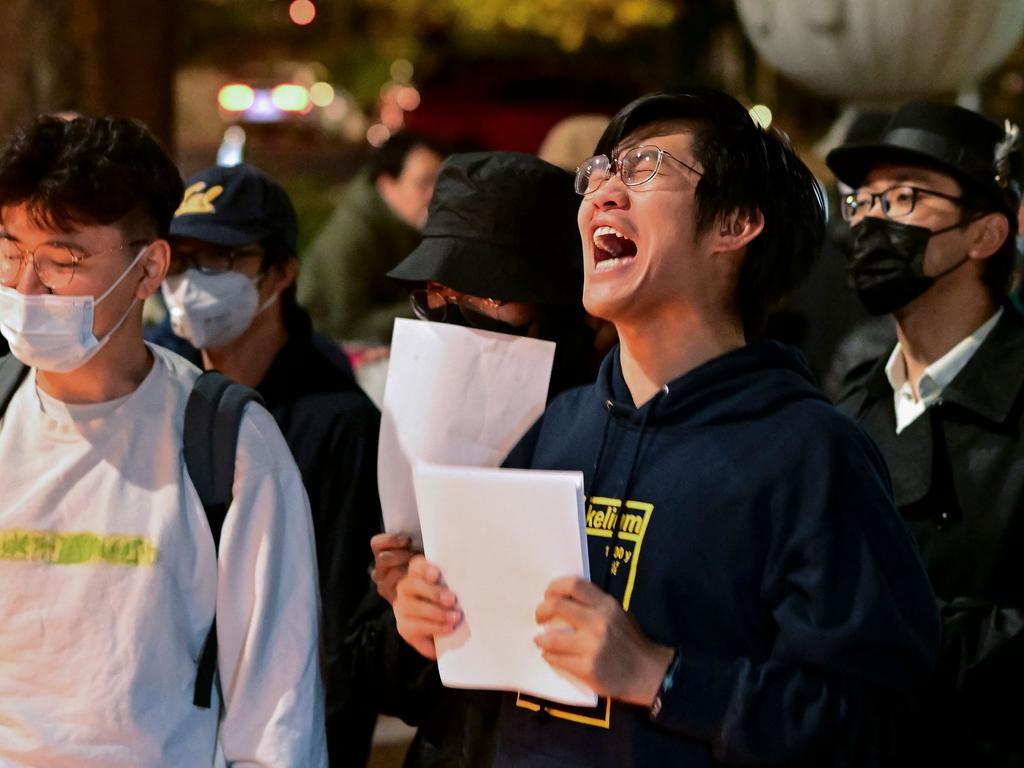
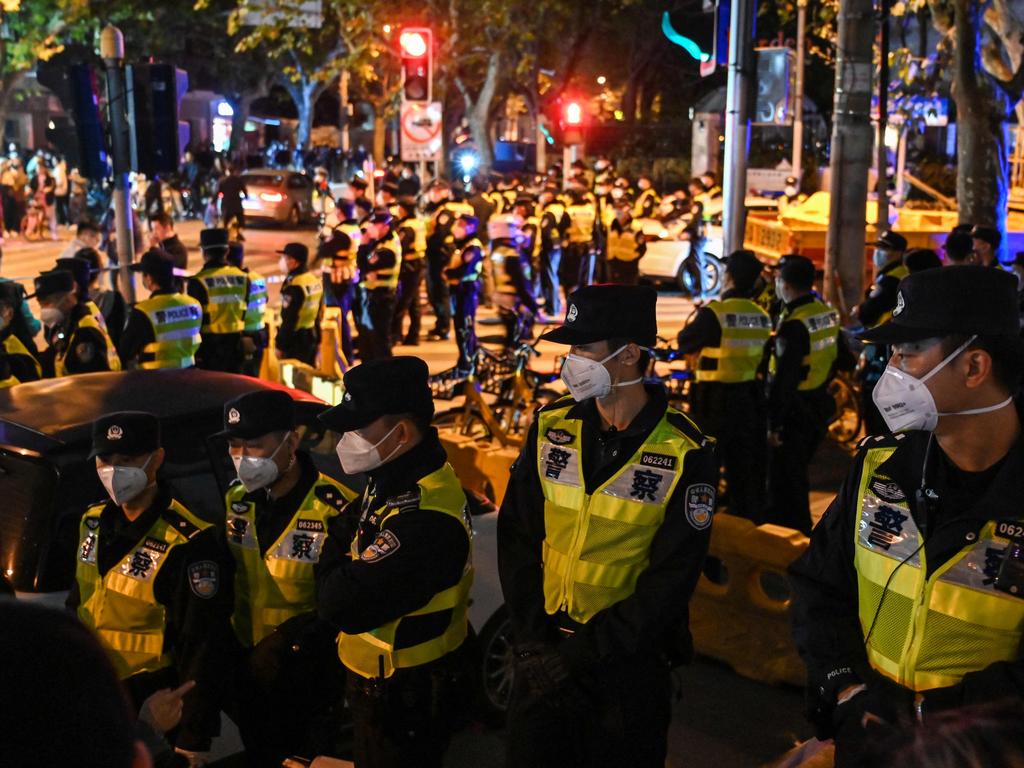



To join the conversation, please log in. Don't have an account? Register
Join the conversation, you are commenting as Logout